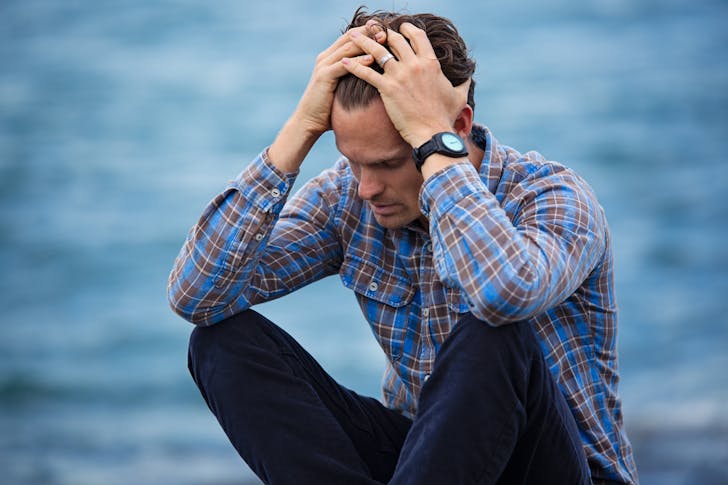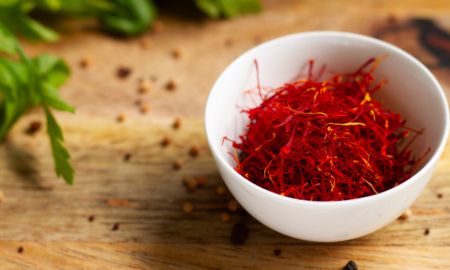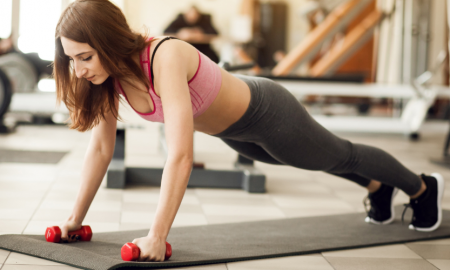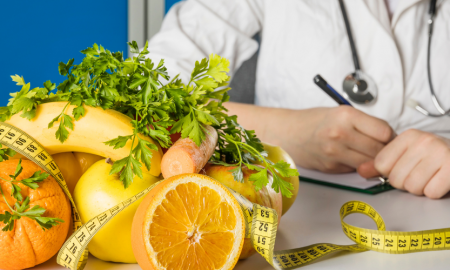
How Severe Dehydration Can Cause Abdominal Pain

Can dehydration cause abdominal pain? Yes, dehydration can cause abdominal pain, and it is more common than you might think. When the body doesn’t get enough water, it can throw your whole digestive system off balance. Water plays a crucial role in digestion, helping food move smoothly through the intestines. Without sufficient hydration, things start to slow down, leading to uncomfortable symptoms like constipation and bloating.
Dehydration impacts the body in numerous ways, and abdominal pain is just one of the many signs. When you are dehydrated, your body can not produce enough fluids to keep your digestive system functioning properly. This leads to dry, hardened stools that are difficult to pass, causing pain and discomfort. In severe cases, dehydration can even contribute to more serious problems like intestinal blockages.
Can Dehydration Cause Abdominal Pain?
Water is essential for digestion. It helps break down food so that your body can absorb nutrients more easily. But can dehydration cause abdominal pain? Absolutely. When you don’t drink enough water, your digestive system slows down because there is not enough liquid to soften the stool. This leads to constipation, which often comes with cramping and abdominal discomfort.

Olly / Pexels / Constipation is a common issue related to dehydration. When your stool becomes hard and dry, it can become painful to pass.
Thus, this can create a build-up of waste in the intestines, leading to bloating and sharp abdominal pain. If left untreated, chronic dehydration can even cause more severe digestive issues, such as diverticulitis or hemorrhoids, both of which are linked to poor bowel movements and abdominal pain.
The Role of Electrolytes in Preventing Abdominal Pain
Maintaining proper hydration extends beyond just drinking adequate water; it involves balancing key electrolytes in your body. Electrolytes like sodium, potassium, and magnesium are essential for regulating muscle function and various other bodily processes. When you’re dehydrated, you not only lose water but also these crucial electrolytes, which can disrupt your body’s equilibrium. This imbalance can indeed result in abdominal pain, as well as cramps in other muscles. It’s especially important to manage electrolyte levels during intense physical activities or in hot climates, where increased sweating can deplete these vital minerals. Without enough electrolytes, your muscles may cramp up, causing discomfort in the stomach and other areas.
When Should You Increase Water Intake?

Master / Pexels / Symptoms of severe dehydration include extreme thirst, dry mouth, confusion, rapid heartbeat, and little to no urination.
Severe Dehydration Is a Medical Emergency!
While mild dehydration may cause discomfort, severe dehydration is much more serious and can even be life-threatening. It is important to recognize the symptoms of severe dehydration early to avoid complications. Can dehydration cause abdominal pain when it is severe? Yes, and the pain can be intense.
In severe cases, dehydration can lead to kidney failure, seizures, and even death if not treated promptly. Medical professionals will typically administer fluids intravenously to quickly restore hydration and prevent further damage.
Hence, preventing dehydration is key to avoiding abdominal pain. The easiest way to do this is by drinking plenty of water throughout the day. Start by carrying a water bottle with you and sip on it regularly, even if you do not feel thirsty. This is particularly important during the summer months or when engaging in physical activities that cause sweating.
More inHealthy Trends
-
`
Why Are Men Taller Than Women? New Genetic Study Finds Clue
For centuries, the average height difference between men and women has been noticeable—men generally stand about five inches taller. While environment...
July 23, 2025 -
`
How Upcycled Beauty Ingredients Are Reshaping the Industry’s Future
The beauty industry is going through a big shift — and it’s not just about trends. As waste problems grow and...
July 17, 2025 -
`
A Look Inside Faith Kipyegon’s Groundbreaking Mile Run in Paris
Last week in Paris, Faith Kipyegon returned to a place she knows well: Stade Sébastien Charléty. But this time, she wasn’t...
July 9, 2025 -
`
Dairy Is Making a Major Comeback — And Health Shoppers Are Loving It
Just a few years ago, dairy sat quietly in the back seat while plant-based alternatives took the spotlight. Now, it’s stepping...
July 4, 2025 -
`
Does Aging Cause Dental Problems?
Aging doesn’t automatically mean losing teeth or developing gum disease. In fact, older adults today are holding onto more of their...
June 25, 2025 -
`
How Upcycled Ingredients Are Shaping the Future of Cosmetics
What used to end up in bins or compost heaps is now finding a new life inside skincare bottles and beauty...
June 18, 2025 -
`
Rock Legend Rod Stewart Trains to Break Sprint Record at 80
Age isn’t slowing Rod Stewart down. Known worldwide for his legendary voice, stadium-filling tours, and timeless hits like “Maggie May”, the...
June 11, 2025 -
`
The Truth Behind Detox Diets – Health Boost or Risky Trend?
It’s hard to scroll through your feed without seeing someone sipping green juice with promises of instant energy, glowing skin, and...
June 3, 2025 -
`
Is Dr. Oz Fit to Lead Medicare?
The announcement of Dr. Mehmet Oz as President-elect Donald Trump’s pick to lead the Centers for Medicare and Medicaid Services (CMS)...
May 29, 2025















You must be logged in to post a comment Login